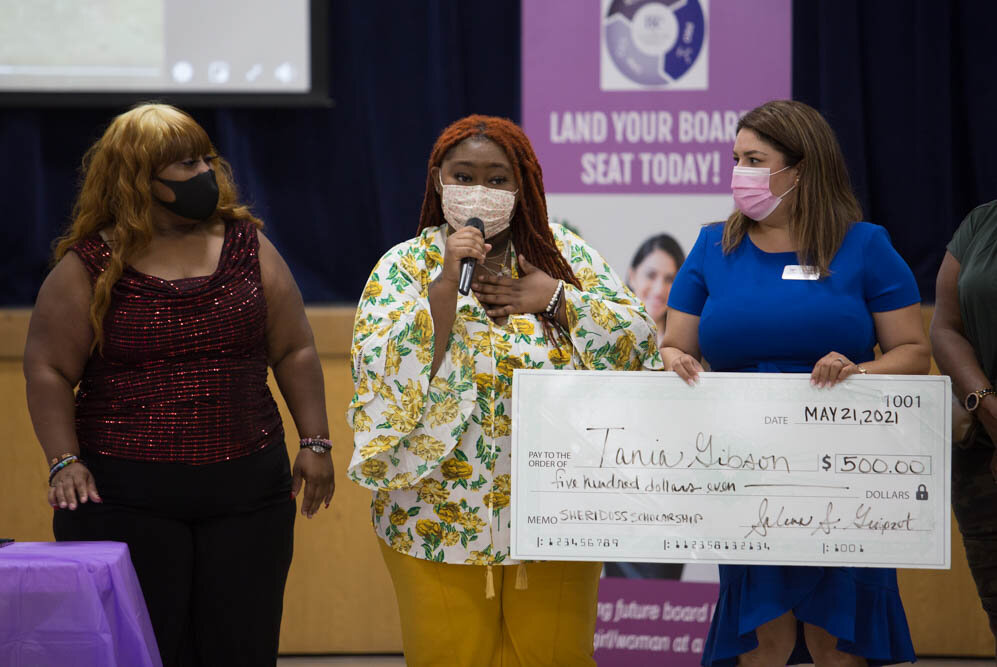The Boardroom Project Celebrates New Headquarters, Continues to Empower Young Women
May 22, 2021 - San Antonio
The Boardroom Project. Local entrepreneur and 17-years-old Tania Gibson (center) is presented a check by the Boardroom Project's founder Salena S. Guipzot (right) for the inaugural Sheri Doss Scholarship. The teenager recently received her certification as a nail technician and aims to continue her own business. All Photos: B. Kay Richter.
By Valeria Torrealba, Senior Reporter | San Antonio Sentinel
WHAT YOU NEED TO KNOW:
- The Boardroom Project (BRP), a local nonprofit organization aimed to empower young women and guide them towards a spot in corporate boardrooms, inaugurated its new headquarters in The Neighborhood Place on Friday, May 21.
- The BRP consists of a board of directors that expertly advises each young woman in their programs sharing their expertise, all of which stems from professional, community and academic backgrounds.
The Boardroom Project (BRP), a local nonprofit organization aimed to empower young women and guide them towards a spot in corporate boardrooms, inaugurated its new headquarters in The Neighborhood Place on Friday, May 21, 2021.
Founded during the summer of 2016, Salena Guipzot sought to construct an organization that would empower young women across Texas — finding a focus first in the Eastside of San Antonio — giving them a multitude of tools that would ensure their success in future professional settings through professionally-mentored programs. Now, the BRP consists of a board of directors that expertly advises each young woman in their programs sharing their expertise, all of which stems from professional, community and academic backgrounds.
Guipzot, the organization’s founder, has an expansive background in finance and business, starting her career in Portland. As she filled the seats within corporate boardrooms and shared her voice, she found that the absence of women like her was overwhelming — there was a clear lack of diversity and no advocates for marginalized minority communities, who far too often have to fight for their voices to be heard — all of which propelled Guipzot to carve the path for young women of color to have a seat at the table of corporate headquarters.
“Having to survive the Eastside, having to survive the violence, having to survive and really provide for myself in those spaces, it was the same thing,” Guipzot said. “And really, the intention of BRP was to bring all of the knowledge that I acquired over my years and bring it to young women of color in our spaces.”
Guipzot found that the “best” already-established leadership programs did not have women that looked like her; rather, it was the complete opposite. Additionally, the self-proclaimed community advantage programs did not help the community: they damaged it.
“I served as board chair for a local organization which had a lot of toxicity. It was a local organization that served the community, but they did a lot of internal damage to the community,” Guipzot said. “Ultimately, I participated in a leadership program here for the state of Texas top 50 women — that was a $4,000 program — but, by the way, it’s all facilitated by white women, right? So, being taken down to Laredo and having us look, or all the white women kind of taking pictures waiting for someone to cross the Rio Grande, wasn’t my idea of leadership. If that’s the creme de la creme of leadership, what about all the women of color? We don’t experience these spaces the same.”
It was from there that Guipzot founded The Boardroom Project with a mission to serve the community she continues to live within. Through Guipzot’s initiative, the BRP offers various programs to its members, all of which work closely with the girls to provide them with an arsenal of tools to succeed in their future careers as professionals. Additionally, the BRP has introduced its scholars to women paving history in San Antonio — including Judge Rosie Speedlin Gonzales and Patricia Castillo of the PEACE Initiative — through virtual conversations.
Kelly Lampkin — BRP’s Vice Chair and owner of her own cybersecurity firm — specializes in closing the digital divide often seen in impoverished communities. With 12 years of information technology (IT) experience under her belt, Lampkin advocates for young women to fill the spaces in male-dominated industries, fighting for a fair wage and room in the technology industry.
“As a female in the IT industry, or any male dominated industry for that matter, you know, I understand that gender gap,” Lampkin said. “We're not even talking about [the] wages gap, just the representation of females.”
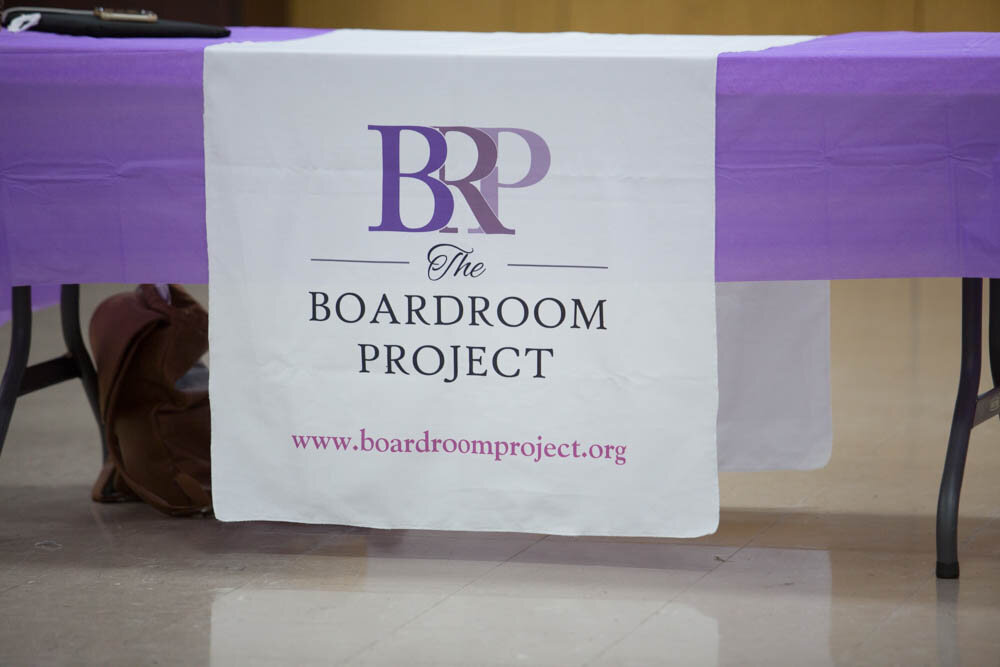
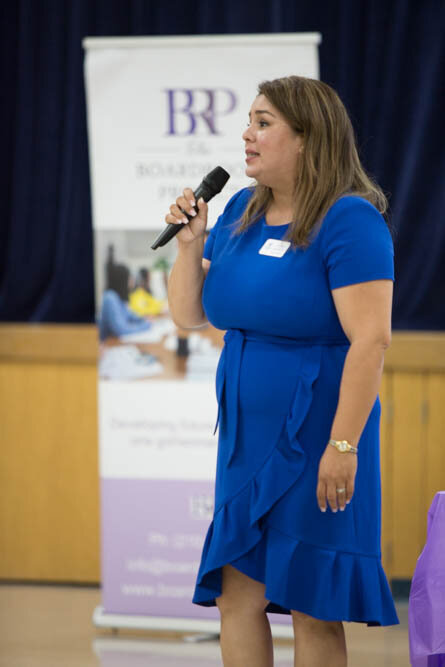
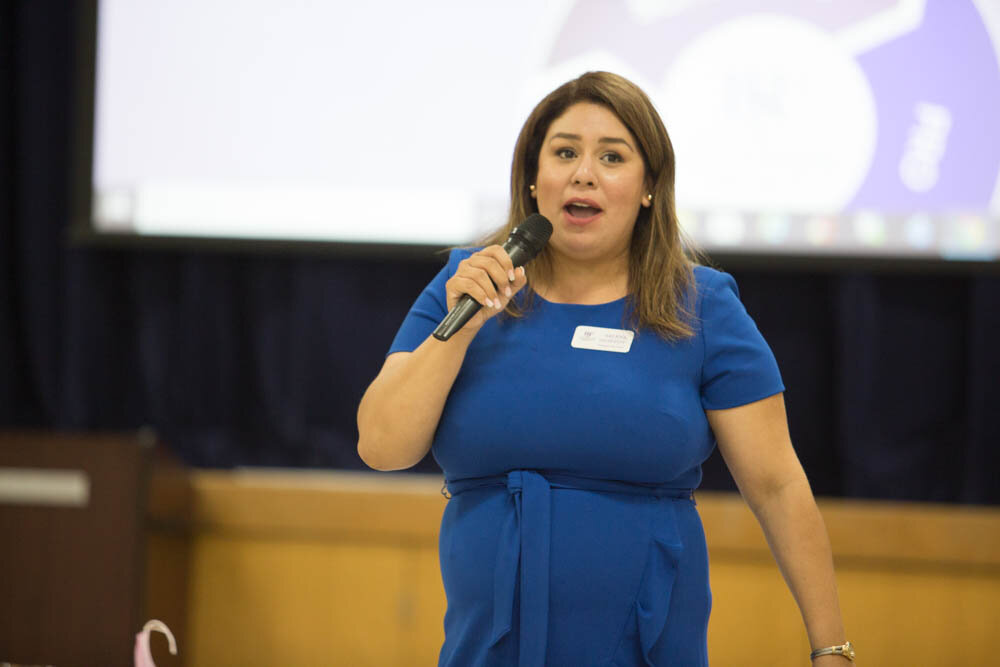
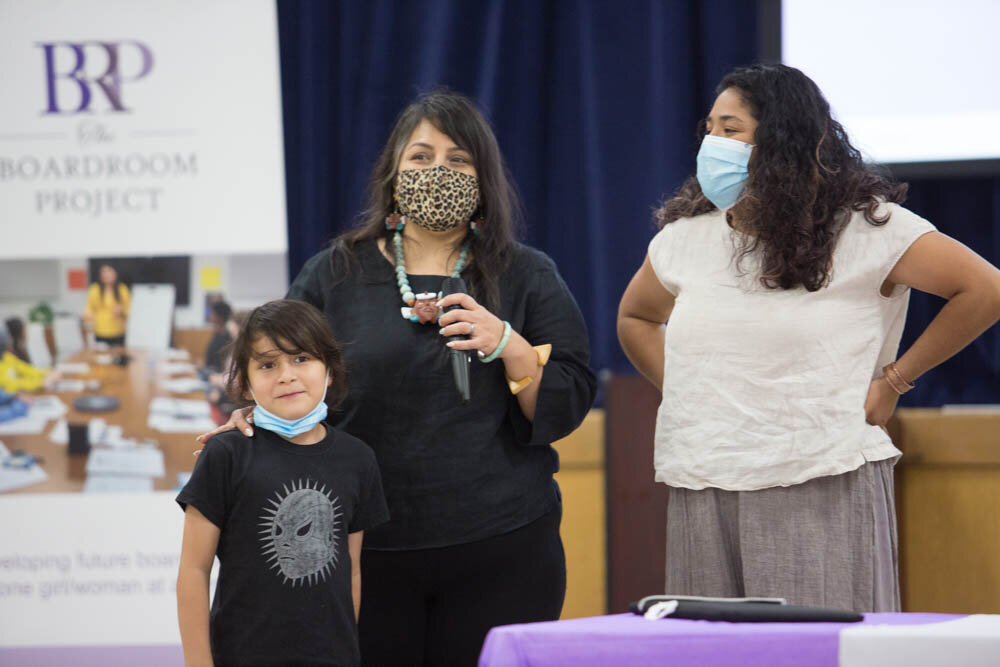
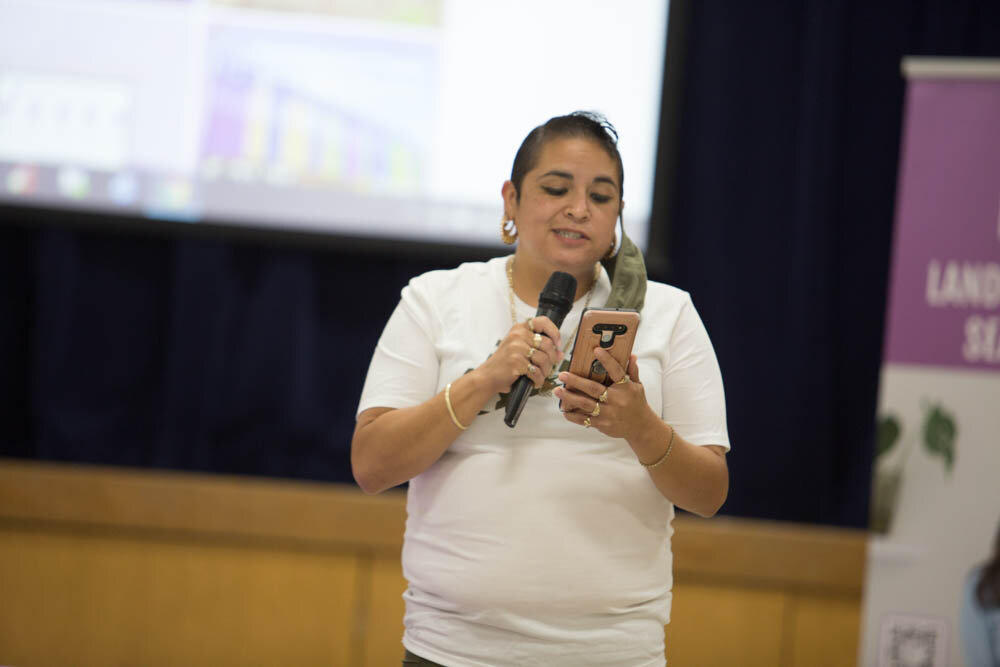
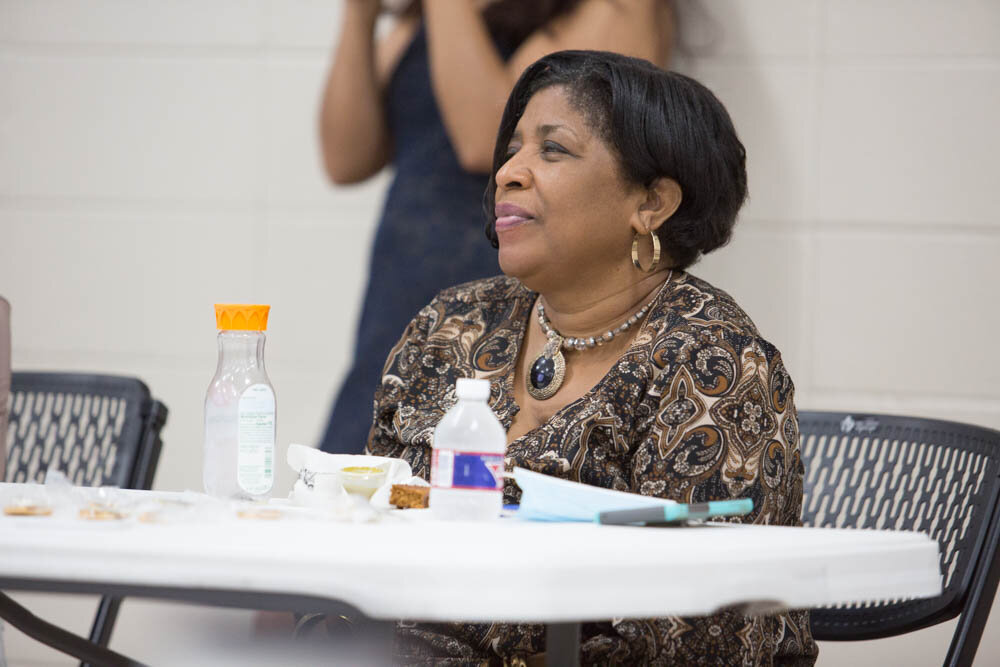
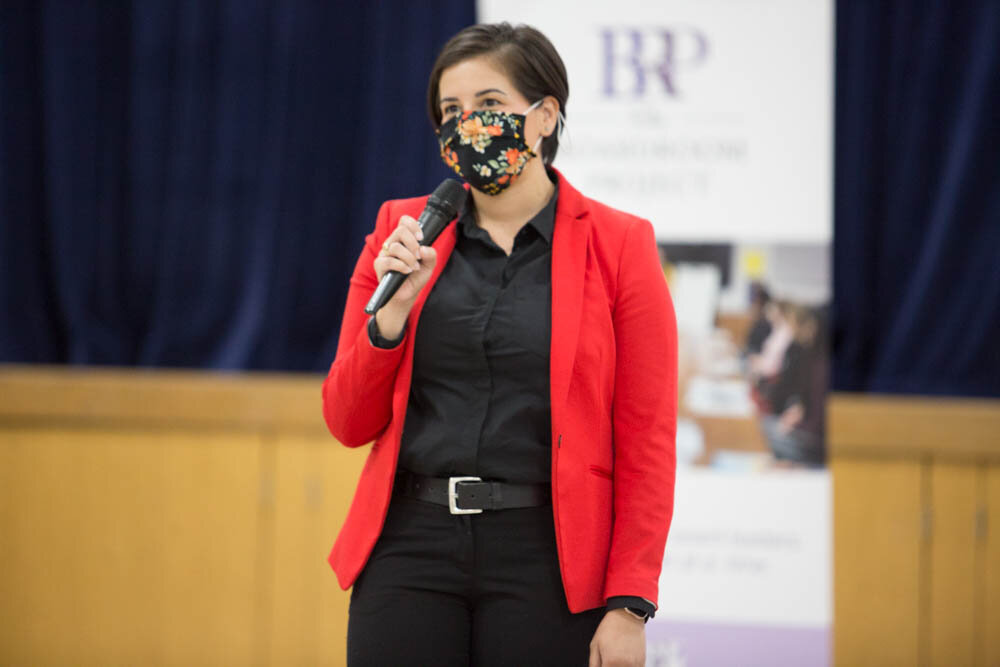
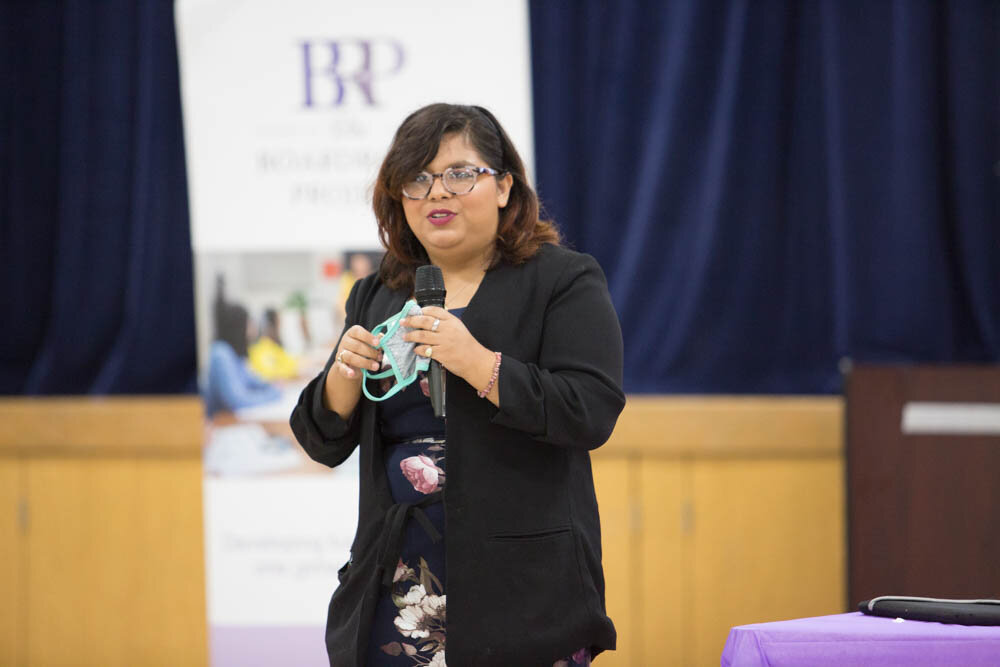
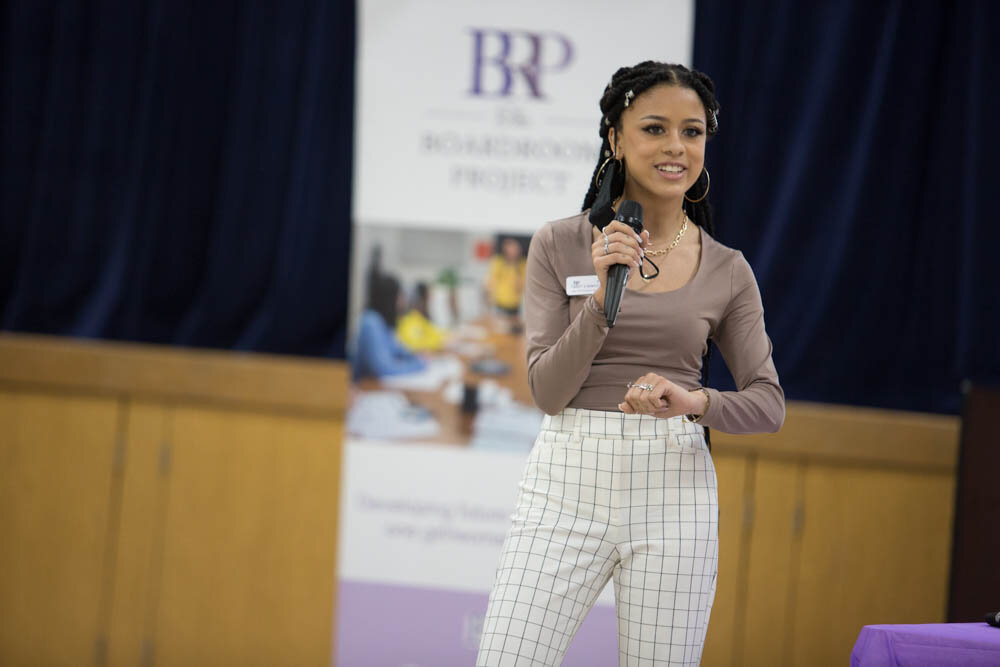
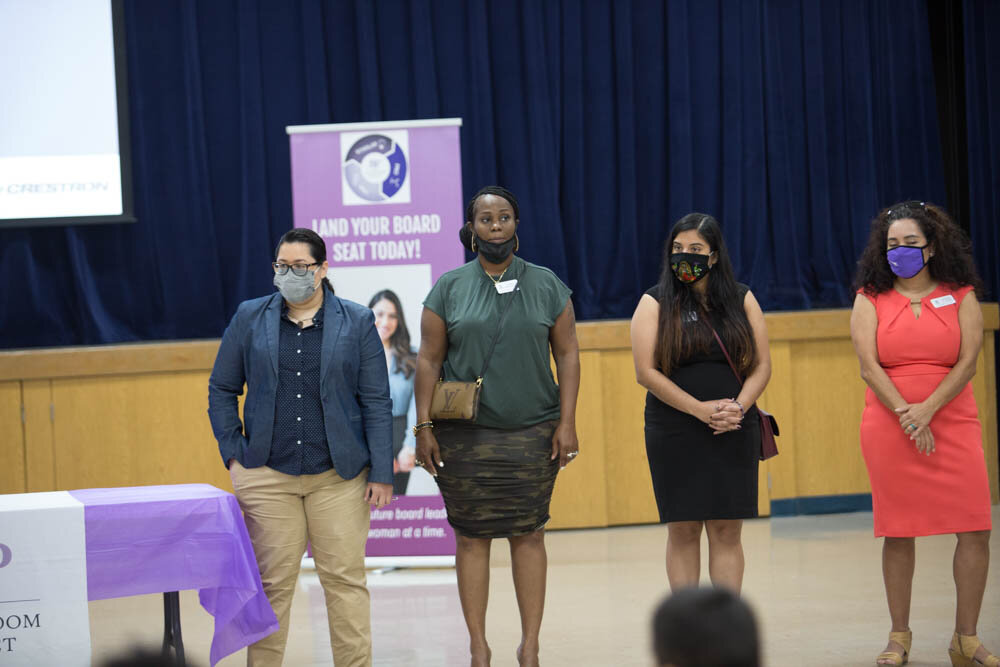
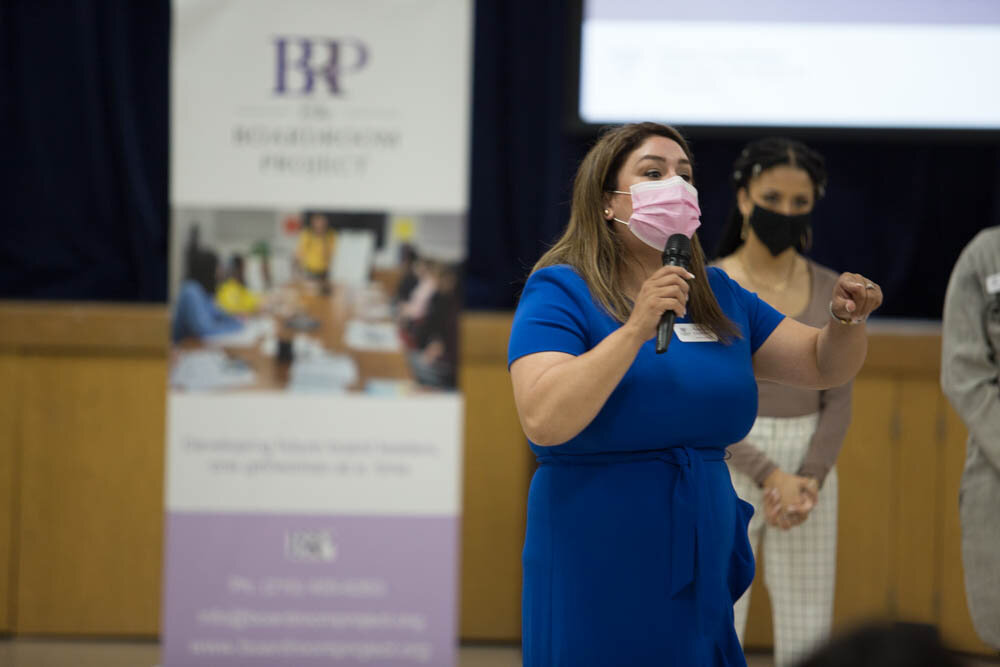
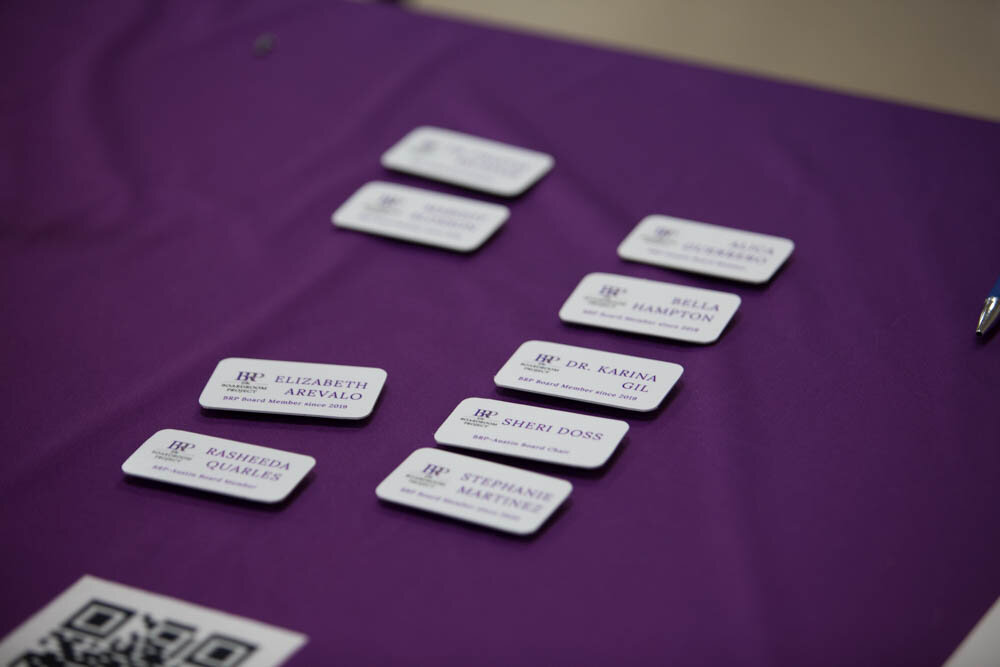
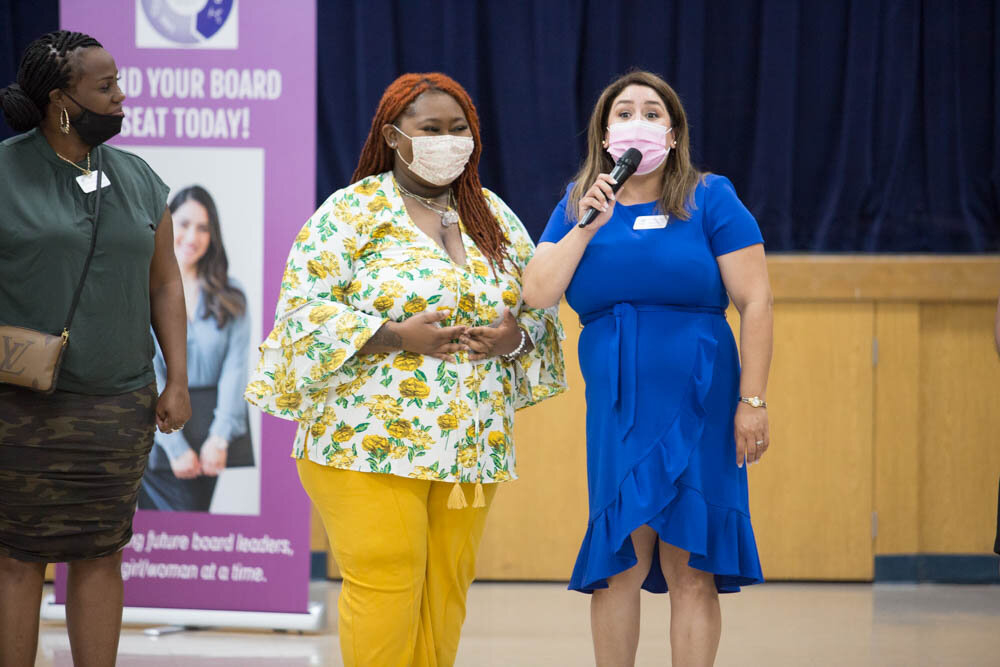
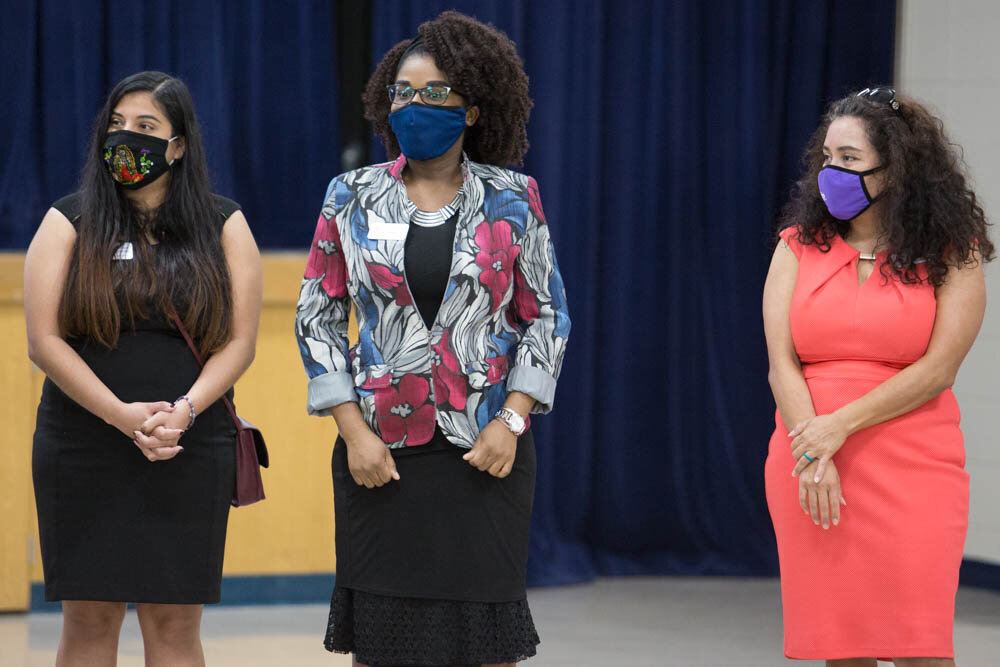
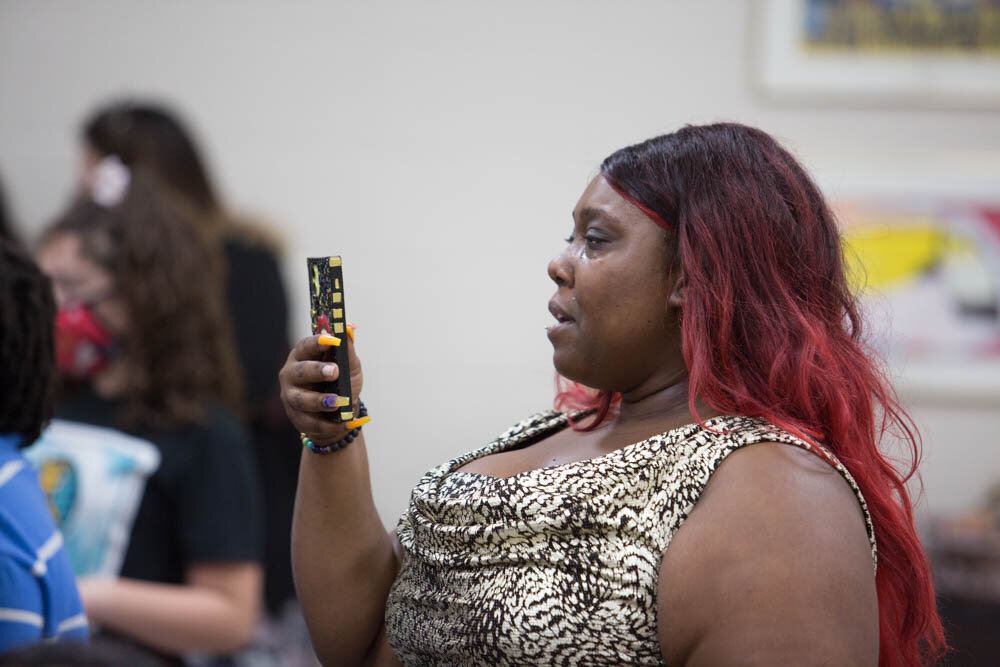
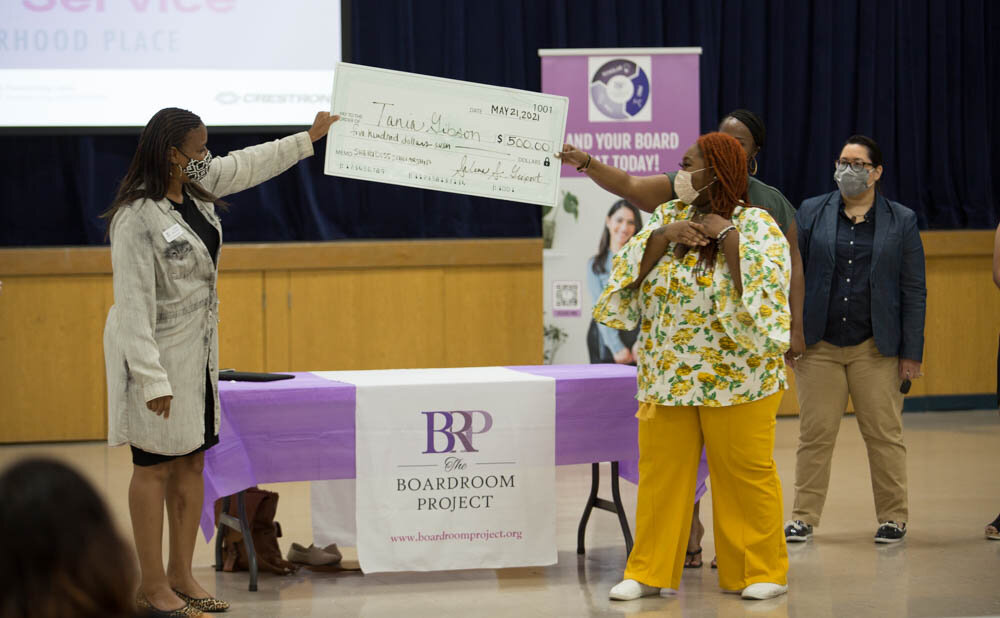
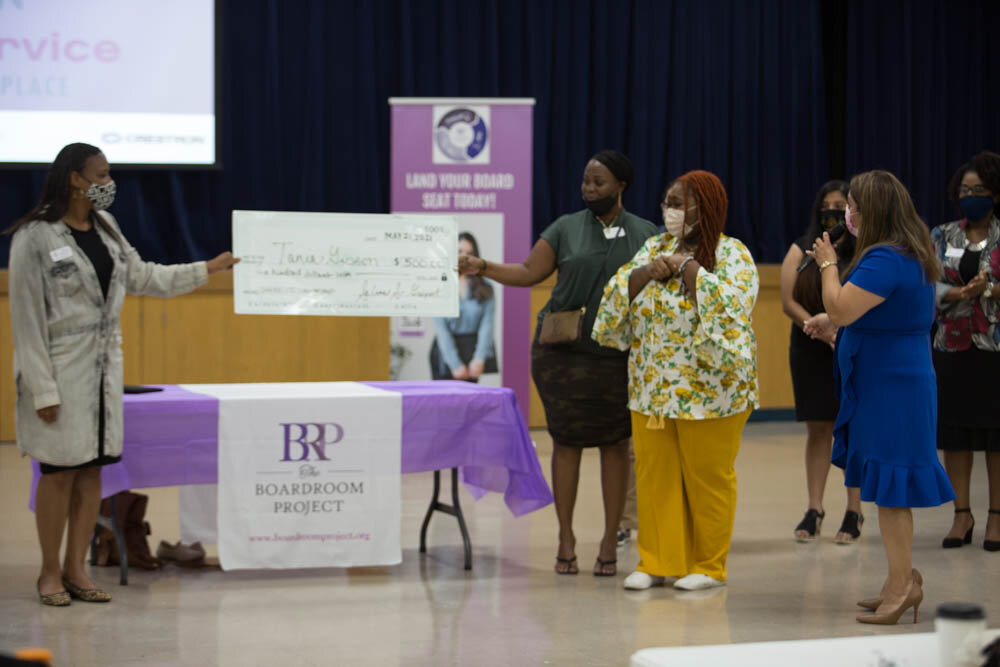
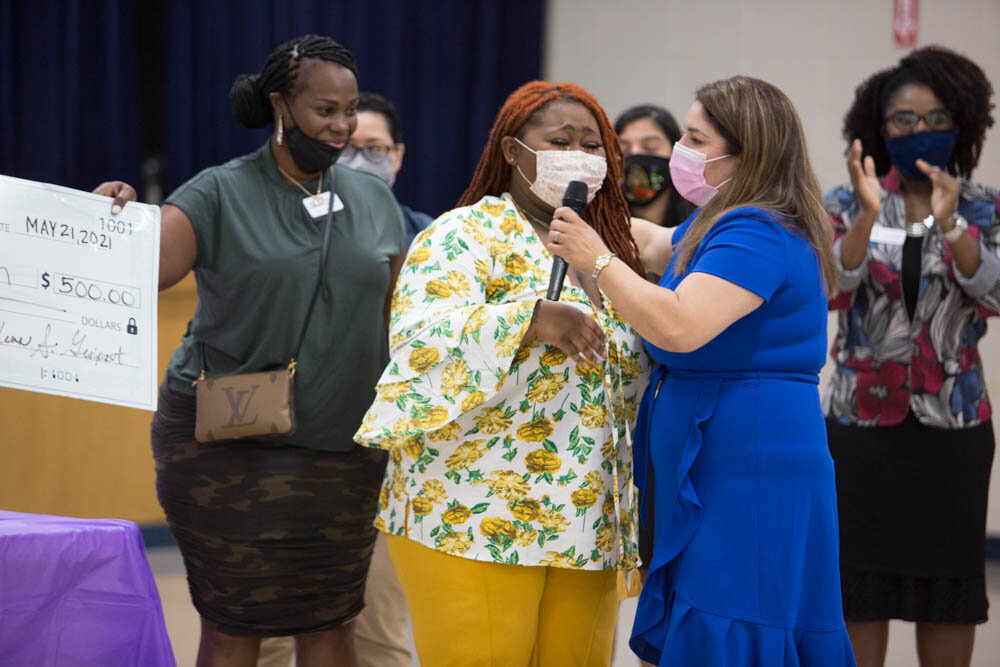
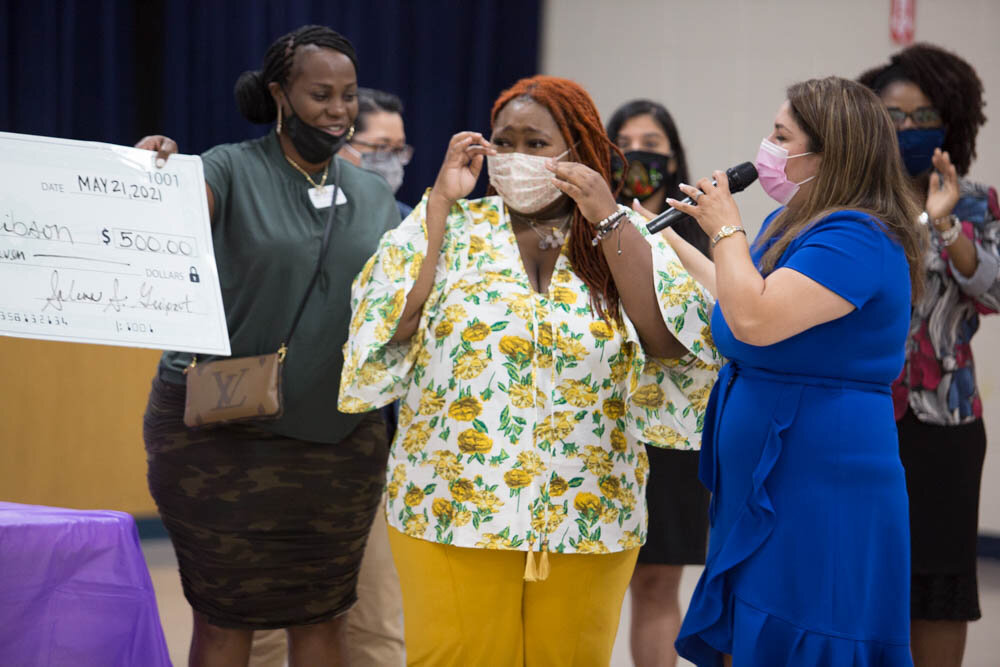
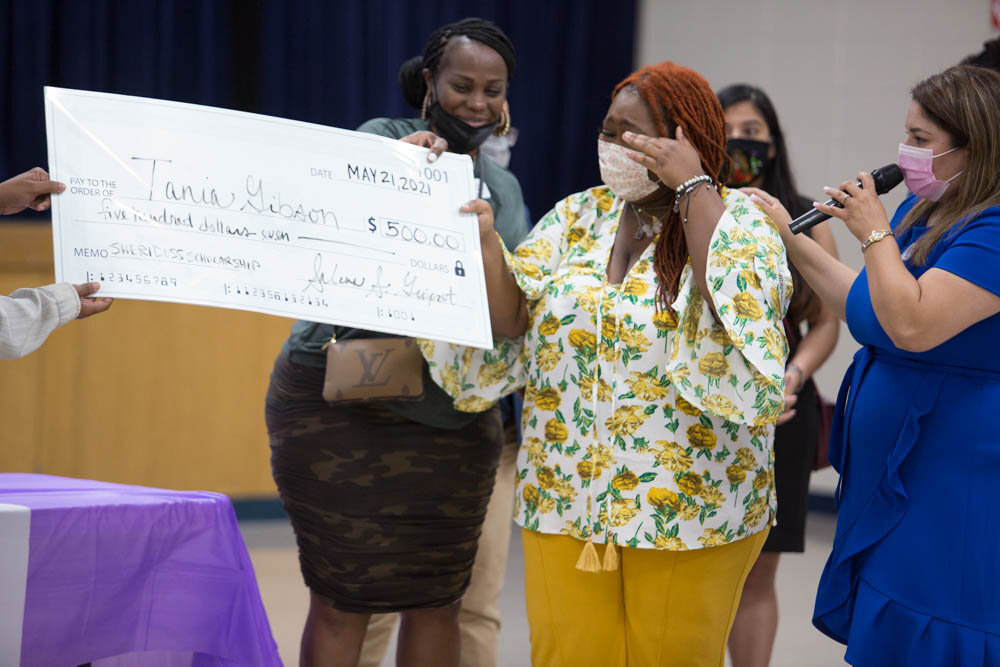
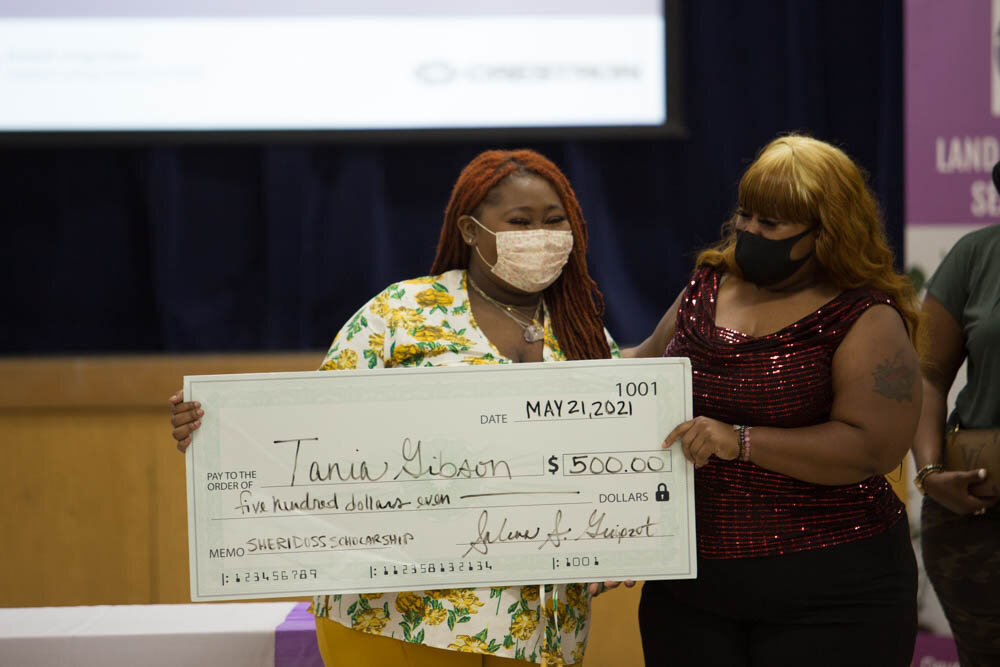
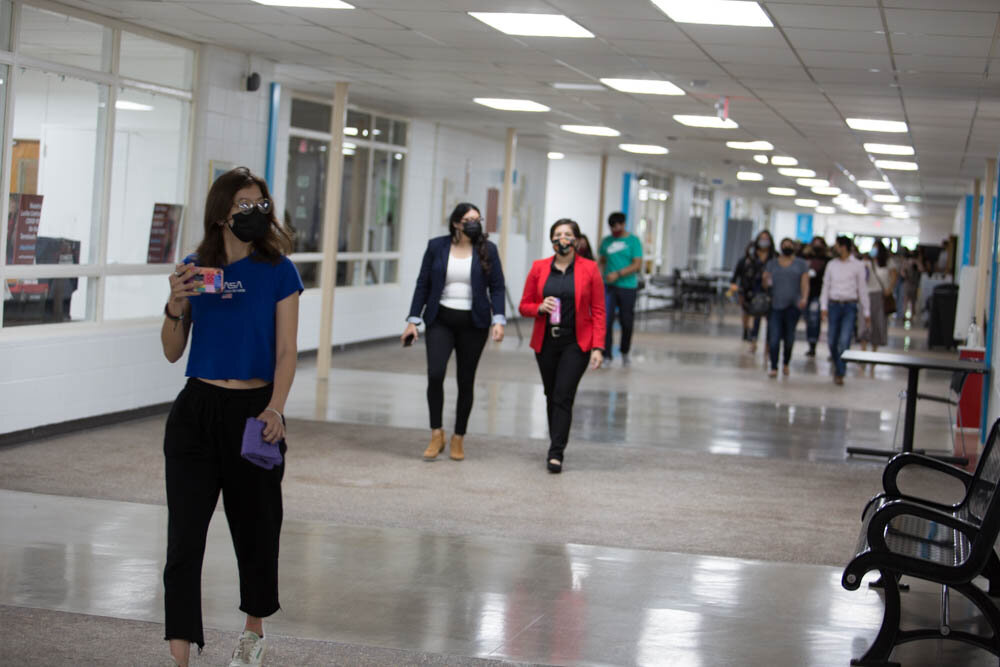
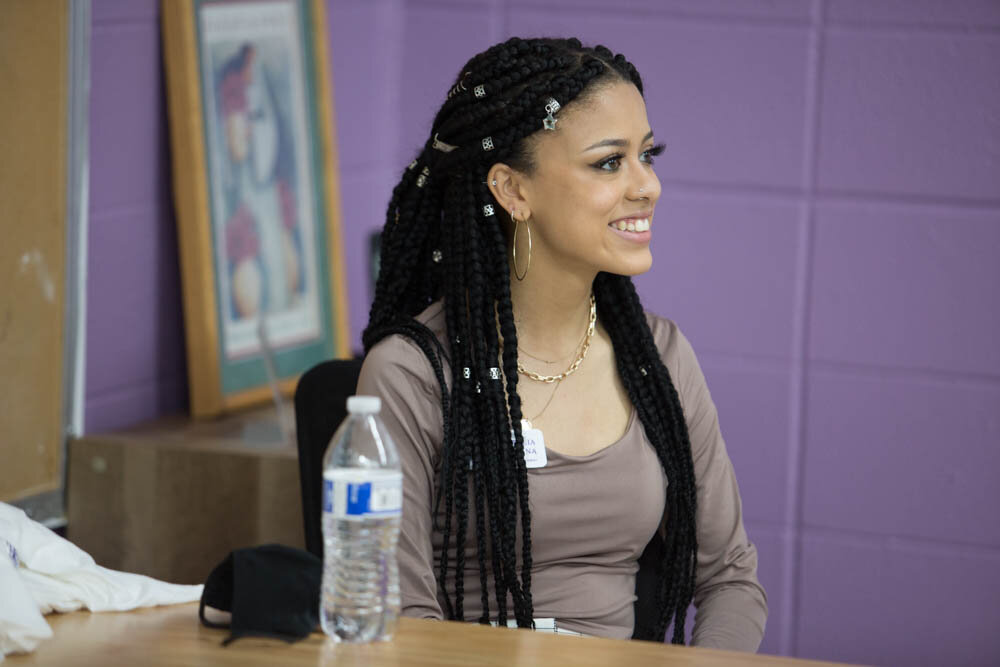
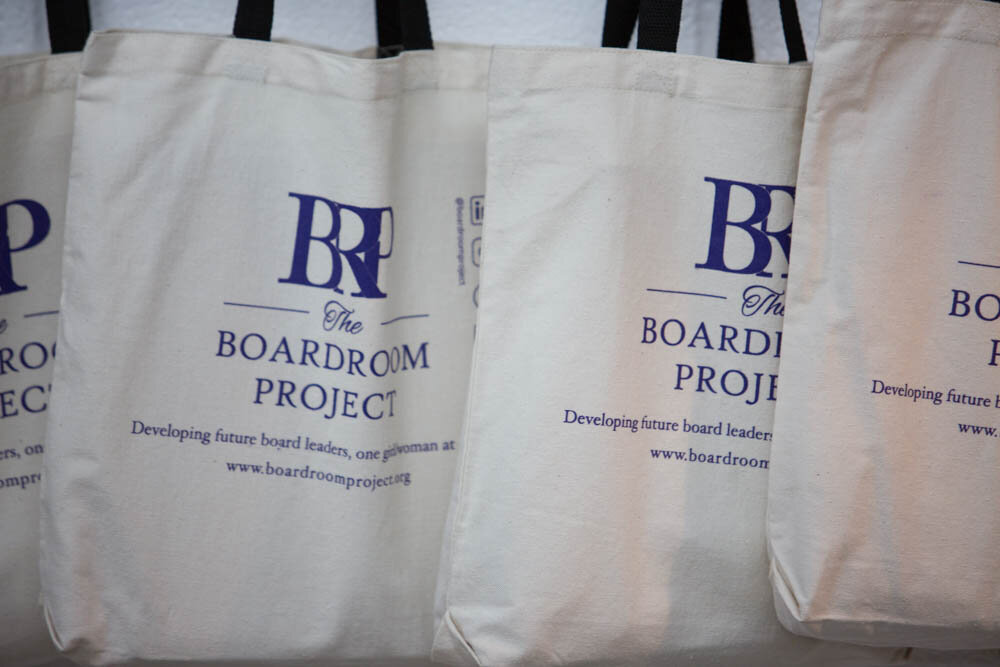
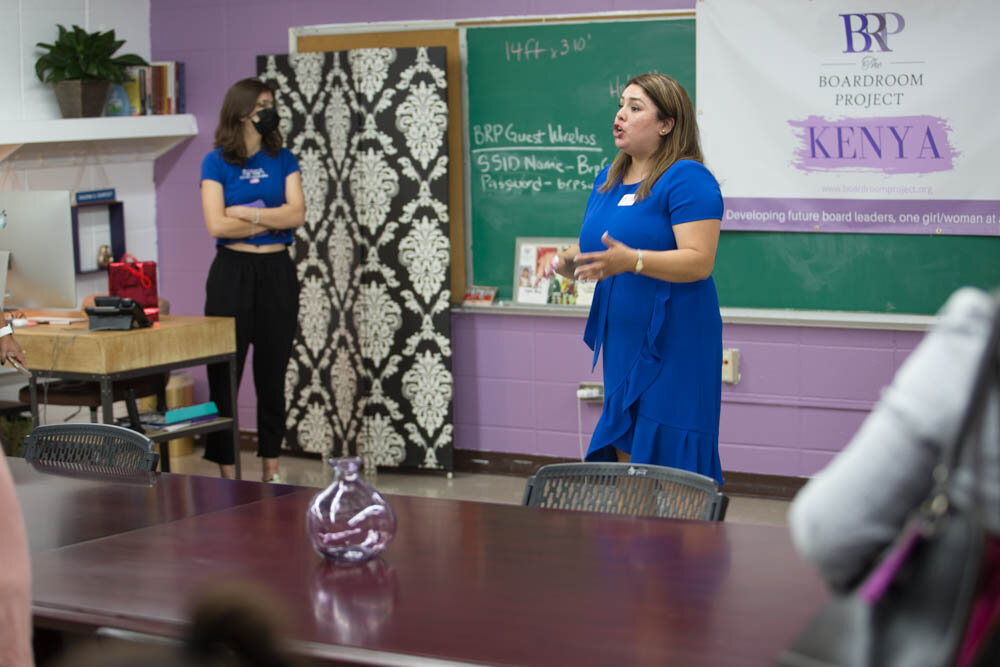
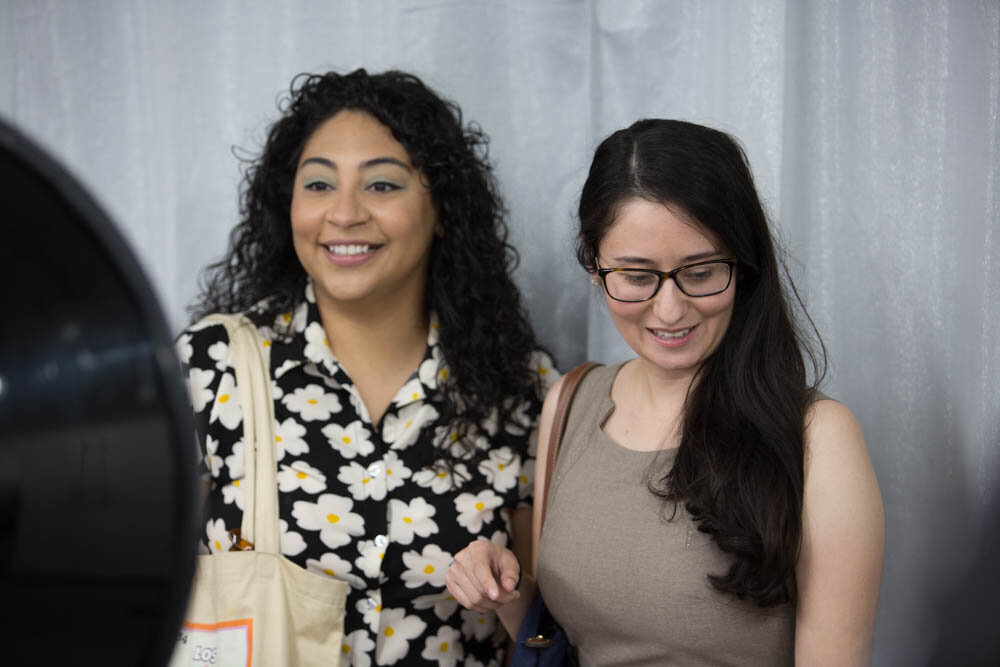
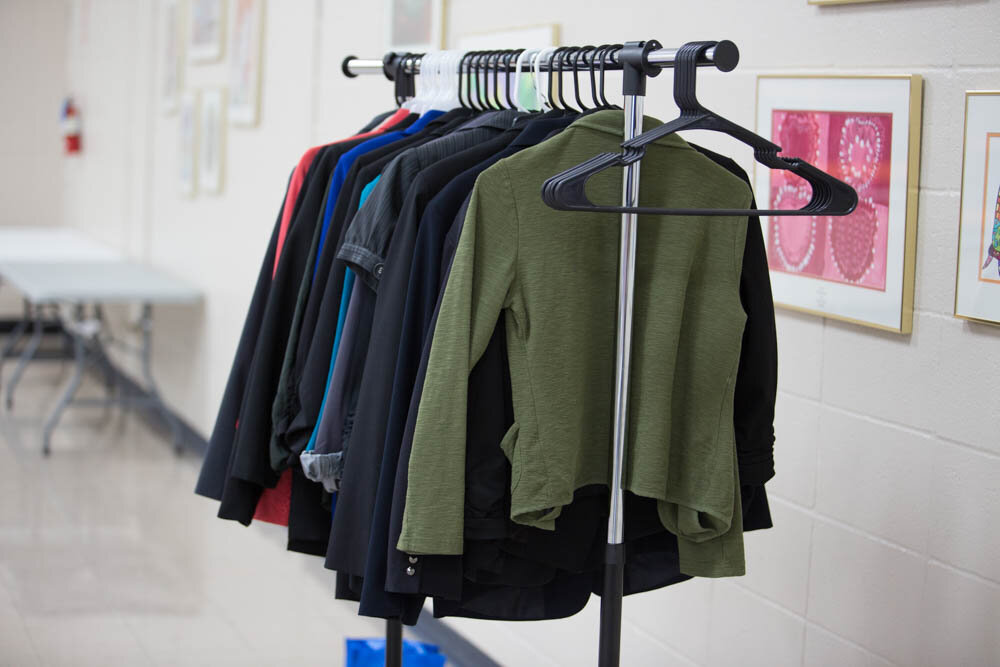
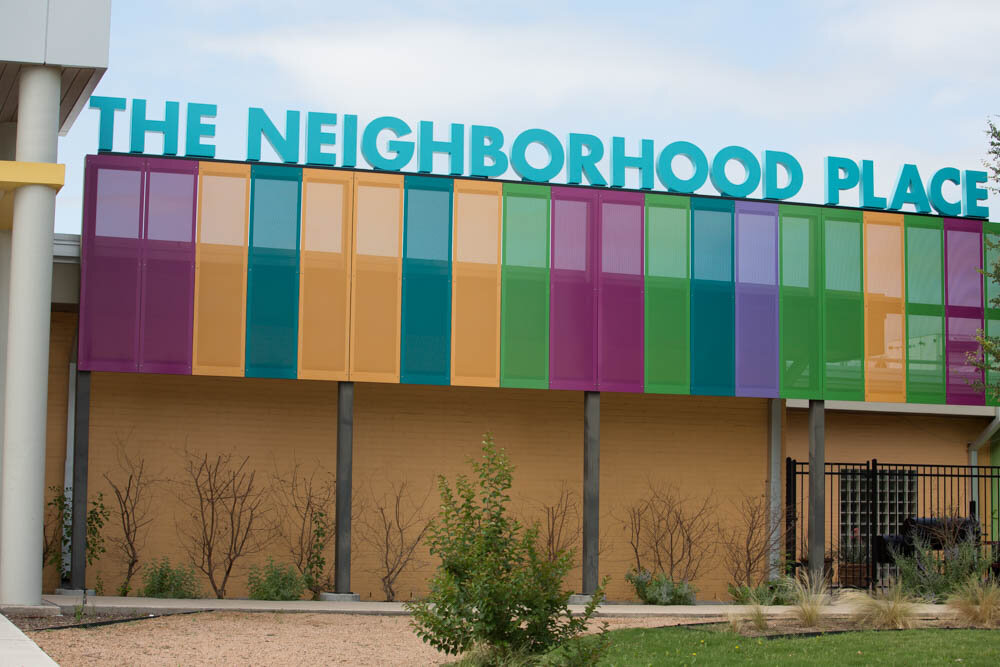
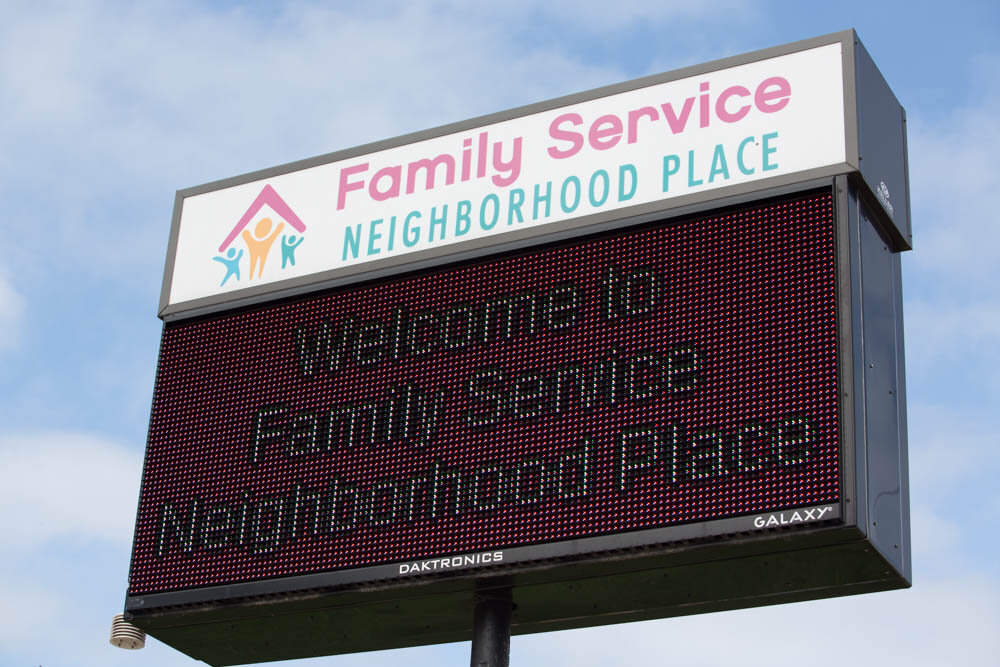
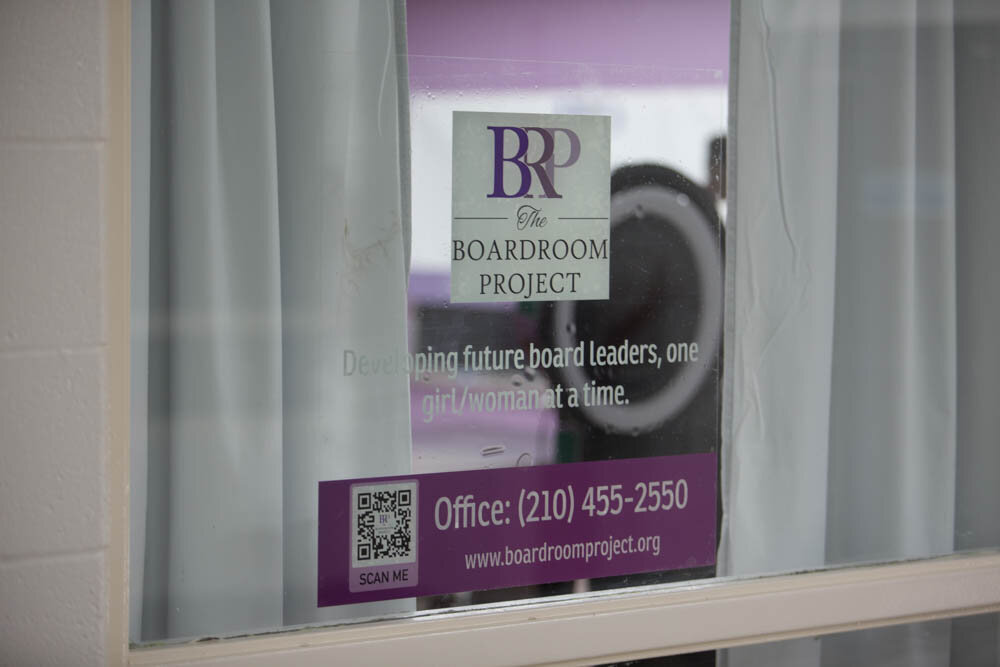
Lampkin works to expose young girls to the technology fields, giving them the opportunity to work closely with technology and grasp it at an early age in hopes of pursuing a career in the field.
“My focus, particularly, you know, bringing my expertise in IT and cybersecurity is just to introduce and expose new girls, young women, obviously [at a] much earlier age, to the possibilities over career options in IT and cyber security,” Lampkin said.
The BRP not only serves the San Antonio community — they also have a Kenya chapter, focusing on helping the youth over there and staying multicultural and multilingual. The BRP’s efforts allowed for laptops to be sent to both San Antonio and Kenya, further closing the digital divide and creating opportunities for learning. Due to COVID-19, the nonprofit was forced to switch their virtual scholar program online, which exposed the lack of technology and opportunities for the communities that they target.
“We had a successful online virtual scholar week program, which was a one week intensive scholar week program, and we had the opportunity — thanks to some of our partnerships — we were able to deliver some laptops,” Lampkin said. “We're talking about, you know, the digital divide. We know it's nationwide, but we have a serious problem here in San Antonio. The schools are doing a great job [giving out laptops] but that's not only it. Because what if they don't have access to tech [in their homes]? I'm glad that we're able to give them some laptops, and we're able to connect to Kenya, all the way to [our Kenya chapter]. So, I mean that's some impact that we're having.”
Other efforts by the BRP to ensure success for its scholars include their latest donation initiative, the BlazHer — directed by Elizabeth Escobedo, a BRP Edgewood committee member — which consists of donating gently used blazers to give them to BRP scholars in high school. Donations will continue every Friday from 10-3 p.m. at 3014 Rivas St. in suite 118.
The BRP’s dedication to the young women driving the technological world and serving in boardrooms allows for a path to be carved, leading the way for progress through challenges and hardships. The facilitation of accessibility to technology and the empowerment of their voices allows the youth to thrive, opening more doors for them as they adjust to the professional world. Guipzot does not view the BRP as just a nonprofit — she views it through the corporate lens in which she specialized her career in. The nonprofit is entirely self-funded, with Guipzot’s experience allowing her to create a self-sustaining model with BRP Pro memberships.
“I mean, our bread and butter is our youth. But the beauty of me coming from the corporate world into the nonprofit world is that my mind mentality is not that of the nonprofit, it's actually, you know, it's bringing it in, because it's so slow,” Guipzot said. “Like this is all self-funded. This is me coming from the eastside, you know, and it's very intentional that I'm, I mean, I still live in the eastside.”
As for the future of the BRP, its board members hope to continue expanding and providing the opportunities to young women across San Antonio with their relocation to San Antonio’s westside and hyperlocal focus to the 78228 zip code.
“This is my passion. This is what the Lord has called me to do,” Guipzot said. “And not for myself, but the fate for the sake of our city, right, like so many people.”
Valeria Torrealba is an opinions columnist and public relations assistant at the University Star, a student publication of Texas State University. Email her at reporter@sasentinel.com

